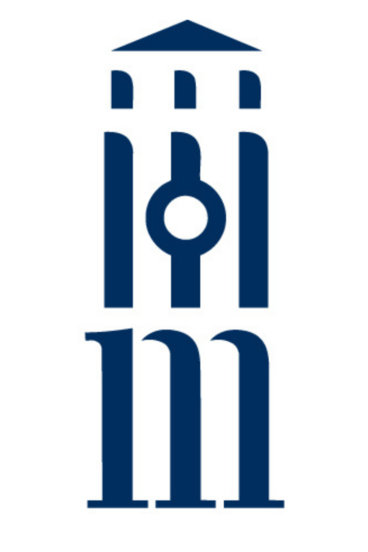How the Dismal Science Got Its Name
Classical Economics and the Ur-Text of Racial Politics
A shocking account of how economics became known as the dismal science
Description
It is widely asserted that the Victorian sages attacked classical economics from a humanistic or egalitarian perspective, calling it "the dismal science," and that their attack is relevant to modern discussions of market society. David M. Levy here demonstrates that these assertions are simply false: political economy became "dismal" because Carlyle, Ruskin, and Dickens were horrified at the idea that systems of slavery were being replaced by systems in which individuals were allowed to choose their own paths in life. At a minimum, they argued, "we" white people ought to be directing the lives of "them," people of color.
Economists of the time argued, on the other hand, that people of color were to be protected by the rule of law--hence the moniker "the dismal science."
A startling image from 1893, which is reproduced in full color on this book's jacket, shows Ruskin killing someone who appears to be nonwhite. A close look reveals that the victim is reading "The Dismal Science."
Levy discusses this image at length and also includes in his text weblinks to Carlyle's "Occasional Discourse on the Negro Question" and to Mill's response, demonstrating that these are central documents in British classical economics. He explains Adam Smith's egalitarian foundations, contrasting Smith's approach to the hierarchical alternative proposed by Carlyle. Levy also examines various visual representations of this debate and provides an illuminating discussion of Smith's "katallactics," the science of exchange, comparing it with the foundations of modern neoclassical economics.
How the Dismal Science Got Its Name also introduces the notion of "rational choice scholarship" to explain how attacks on market economics from a context in which racial slavery was idealized have been interpreted as attacks on market economics from a humanistic or egalitarian context. Thus it will greatly appeal to economists, political scientists, philosophers, students of Victorian literature, and historians.
David M. Levy is Associate Professor of Economics and Research Associate, Center for Study of Public Choice, George Mason University.
David M. Levy is Associate Professor of Economics at George Mason University and Research Associate of the Center for the Study of Public Choice. Levy received the Economics Department citation as the outstanding undergraduate at the University of California at Berkeley in 1966 and his Ph.D. in Economics at the University of Chicago in 1979. He has published over fifty contributions to professional journals ranging from the Journal of the History of Ideas to Econometric Theory. He is currently on the Executive Board of the Eastern Economic Association and a member of the American Statistical Association's Committee on Professional Ethics. His research interests include statistical ethics, the relationship between language and optimization (see his Economic Ideas of Ordinary People: From Preferences to Trade) and the history of economics in which the "dismal science" plays a much-misunderstood role. Levy is now at work with Sandra Peart on a study of the various attacks on classical economics' doctrine of human equality.

